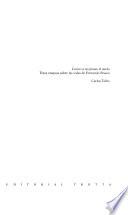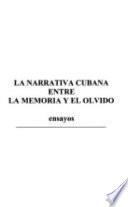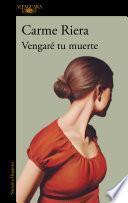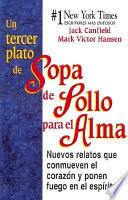Viajes al Río de la Plata y a Potosí (1657-1660)
Resumen del Libro
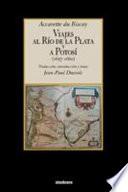
There is very scarce information on the author of this peculiar book, that many scholars consider initiated the British appetite for the Spanish colonies in South America. Accarette -as he calls himself- or Accarette du Biscay -as appears in the English translation of his story- seems to have been a French-Basque adventurer who traveled twice to South America between 1657 and 1660 under the false identity of a Spanish subject, as the Spanish regime would not allow non-subjects to disembark in its colonies. His most evident purpose -a fact Accarette does not hide- was the lucrative smuggling business, and his urge to make another trip prompted him to write a report to no one else but the French king Louis XIV. The variety and detail of this adventurous businessman -mixture of spy and filibuster- observations on everyday colonial life and customs in Buenos Aires, Cordoba, Salta, Jujuy, the mules road, the hide civilization and the Potosi mines, is a highly valuable testimony for the River Plate, Tucuman and Potosi XVII Century history study, more so considering the scarcity of documentation on those places at that time. Frustrated corsair, or ill-fated governor of hipothetical French possessions on the River Plate, the political circumstaces hampered Accarette's chances to enter the official story. In any case, if the report was discarded by the French, it did not face the same fate in England, where a translation was first published in 1698, and again in 1716. The Accarette report -so full of strategic and tactical details- makes the reader wonder what would have happened if Louis XIV had not been so tied up with the episodes in the Low Countries that led to the Franco-Dutch War (1672-1678), and up to which point the British Admiralty had not evoked these writings when planning the invasion to Buenos Aires almost 140 years later. This edition, by Sorbonne professor and researcher Jean-Paul Duviols, is a highly accurate translation into Spanish from the original French version, unlike all previous ones that were based on either the first or second English edition.
Más detalles de libro
Cantidad de páginas 105
Autor:
- Accarette Du Biscay
- Jean-paul Duviols
Categoría:
Formatos Disponibles:
MOBI, EPUB, PDF
Descargar Ebook
Valoración
5.0
93 Valoraciones Totales

